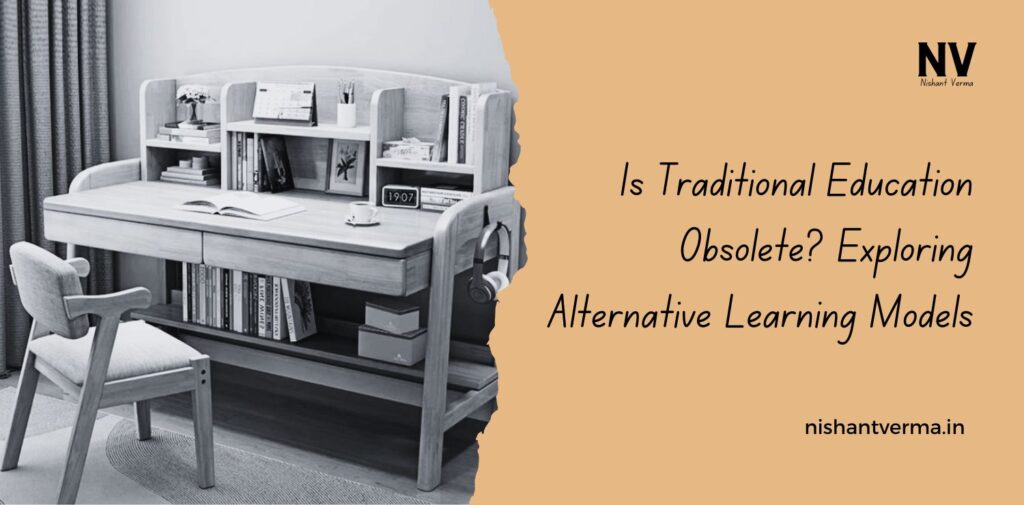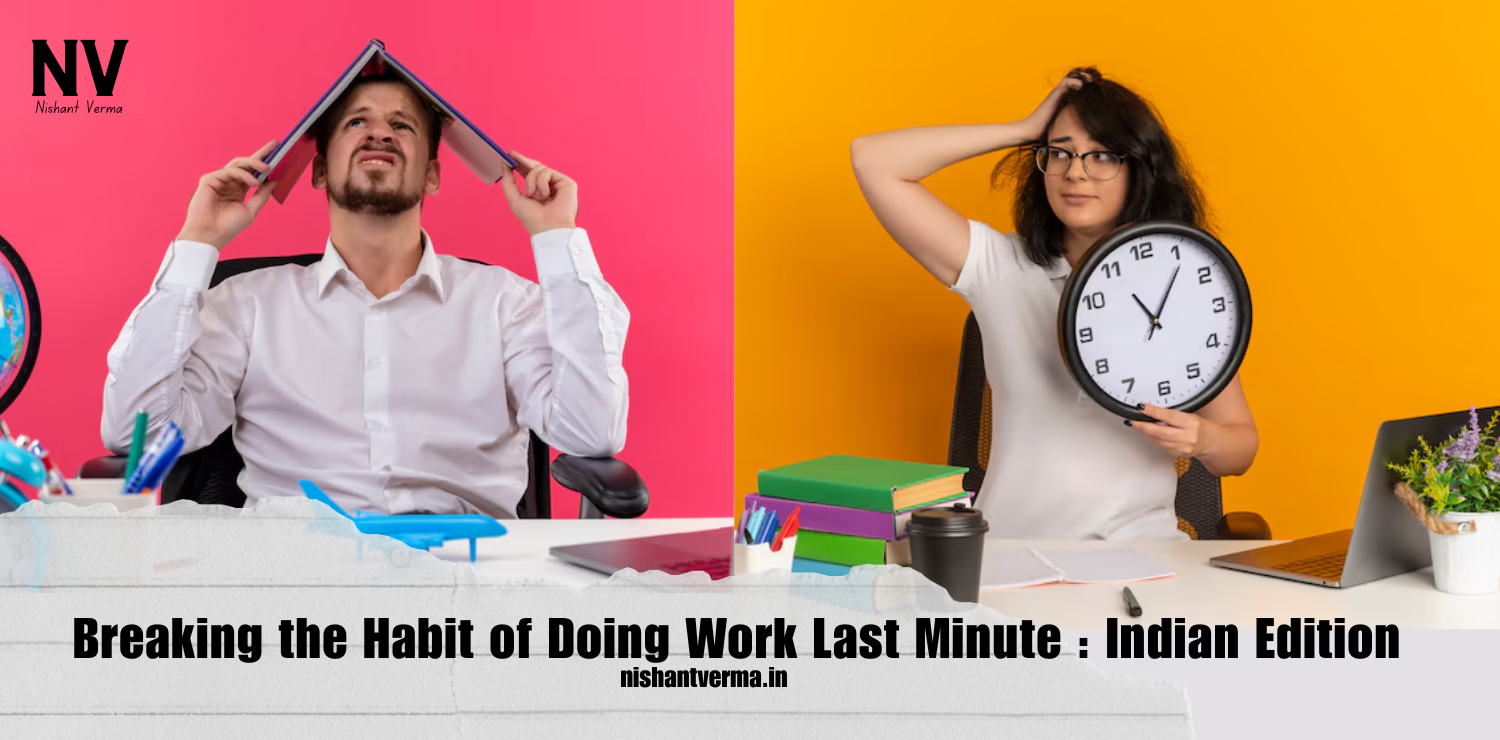Education has always been the key to personal growth and societal development. For years, traditional education models—where students sit in classrooms, listen to lectures, and follow textbooks—have been the norm. However, with the rise of new technologies, changing needs of the job market, and evolving educational philosophies, many are questioning whether traditional education is still the best way to learn.
In this article, we will explore whether traditional education is becoming obsolete and look at alternative learning models that are gaining popularity. We’ll discuss how these new methods work and how they can offer different benefits for learners, particularly in the Indian context.
What is Traditional Education?
Before we explore alternative learning models, let’s first understand what traditional education means. Traditional education typically refers to:
- Classroom Learning: Students attend a physical school or college, where a teacher delivers lessons to a group of students.
- Textbooks and Exams: The focus is on textbooks, memorization, and written exams.
- Structured Curriculum: There is a fixed curriculum, and students are expected to learn the same things at the same time.
- Teacher-Centered: In this system, teachers are seen as the primary source of knowledge, and students listen, take notes, and follow instructions.
While this method has worked for many years, the world has changed significantly, and so have the ways people learn.

Challenges with Traditional Education
Traditional education has several challenges, especially in the modern world:
- Limited Personalization: Not every student learns the same way. Some students are visual learners, while others are better at hands-on activities. Traditional education often doesn’t cater to these differences, which means some students struggle to keep up.
- Focus on Memorization: In many traditional schools, students are often tested on their ability to memorize information rather than applying knowledge creatively or practically.
- Lack of Real-World Skills: Traditional education focuses more on theoretical knowledge. However, in today’s world, employers are looking for skills like problem-solving, teamwork, and adaptability. These are often not taught in traditional classrooms.
- Limited Flexibility: Traditional education often has a fixed schedule, a set curriculum, and little room for students to explore their passions or interests outside of the prescribed syllabus.
- Access to Quality Education: In India, there is a significant gap between urban and rural areas in terms of access to quality education. Many students in rural areas struggle with outdated infrastructure, limited resources, and poor-quality teachers.
Alternative Learning Models: A Step Towards the Future
Given the limitations of traditional education, many alternative learning models have emerged to address these challenges. Let’s explore some of these models:
Online Learning (E-Learning)
The rise of the internet has made education more accessible. With the help of online platforms, students can now learn from anywhere, at any time. This has opened up new opportunities for students, particularly in remote areas of India.
- Benefits:
- Flexibility: Students can learn at their own pace, without being tied to a fixed schedule.
- Accessibility: Online courses are available to anyone with an internet connection, making education accessible to a larger number of students.
- Wide Range of Courses: Platforms like Coursera, Udemy, and BYJU’s offer courses on almost any subject, from technology to personal development, catering to students’ individual interests.
- Example in India: BYJU’S is one of the most popular online learning platforms in India, offering personalized learning experiences in subjects like math, science, and English.
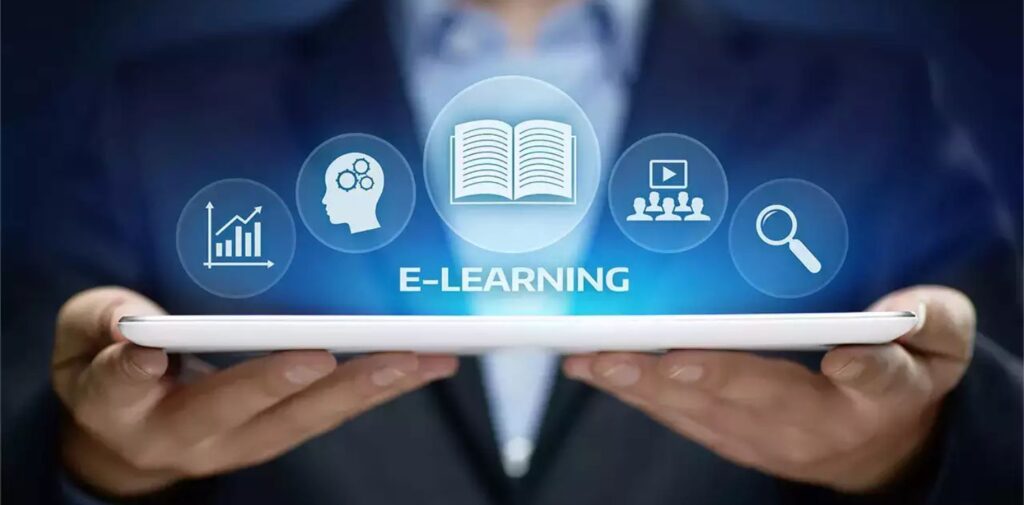
Project-Based Learning (PBL)
In Project-Based Learning, students learn through the completion of real-world projects rather than just taking exams. This method emphasizes problem-solving, collaboration, and critical thinking.
- Benefits:
- Real-Life Skills: Students work on projects that relate to real-world issues, helping them develop practical skills that they can use in the workplace.
- Collaboration: PBL encourages teamwork, as students often work in groups to complete projects, which helps them develop communication and leadership skills.
- Creativity: Students can approach the project in their own way, which fosters creativity and independent thinking.
- Example in India: Some schools in India, like The Riverside School in Ahmedabad, have successfully adopted PBL, encouraging students to solve community-based problems and work on creative projects.
Homeschooling
Homeschooling is an alternative to traditional schooling where children are taught at home by their parents or tutors, rather than attending a formal school.
- Benefits:
- Personalized Learning: Homeschooling allows children to learn at their own pace and style, ensuring they understand concepts thoroughly.
- Flexible Schedule: Homeschooling offers flexibility, so children can focus on topics of interest or go deeper into subjects they enjoy.
- Stronger Parent-Child Bond: Parents have more direct involvement in their child’s education, helping them develop a stronger relationship.
- Example in India: The Global Home Schooling Network provides a support system for homeschooling families in India, offering resources and guidance for parents.
Experiential Learning
Experiential learning involves learning through experience. Instead of sitting in a classroom, students are encouraged to engage in activities like internships, field trips, workshops, and hands-on activities. This type of learning is more interactive and helps students learn by doing.
- Benefits:
- Real-World Experience: Students gain practical experience that can be directly applied to their future careers.
- Improved Understanding: By engaging directly with the subject matter, students develop a deeper understanding of the concepts.
- Active Engagement: Experiential learning is more engaging than traditional lectures, which helps keep students motivated and excited about learning.
- Example in India: Tata Institute of Social Sciences (TISS) offers programs that include fieldwork and internships, where students gain practical experience while completing their studies.
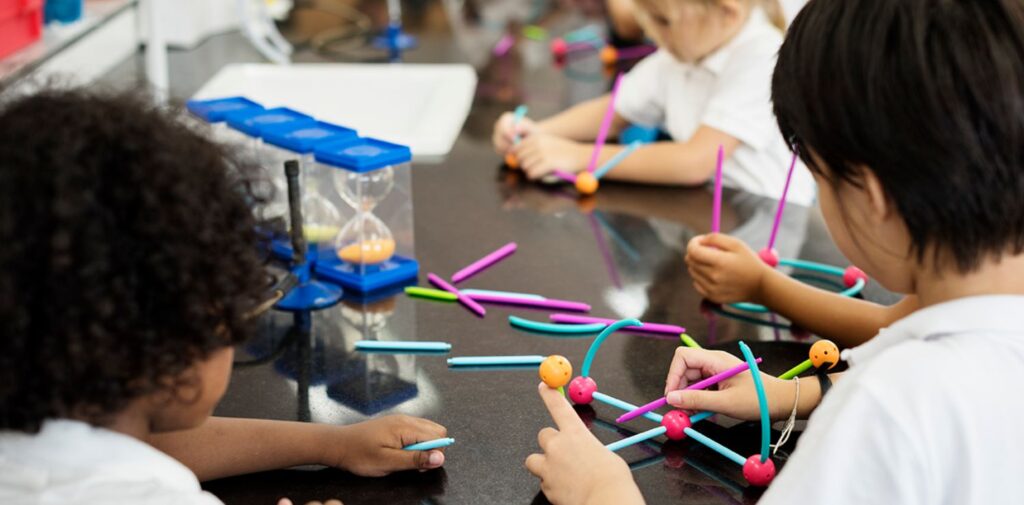
Adaptive Learning Technologies
Adaptive learning uses technology to personalize education. It uses algorithms to adapt lessons based on a student’s individual learning pace, strengths, and weaknesses. This technology ensures that every student gets the right level of challenge and support.
- Benefits:
- Personalized Learning: Adaptive learning systems provide a customized learning experience for each student, ensuring they are neither overwhelmed nor bored.
- Improved Learning Outcomes: Students can progress at their own pace, allowing them to master concepts before moving on to new material.
- Data-Driven Insights: Teachers can track a student’s progress and identify areas where the student may need additional help.
- Example in India: Platforms like Vedantu and BYJU’S use adaptive learning to provide personalized learning experiences for students, offering real-time feedback based on their progress.
Skill-Based Learning
Skill-based learning focuses on practical skills rather than theoretical knowledge. It prepares students for the job market by teaching them specific skills that employers value, such as coding, digital marketing, graphic designing, and more.
- Benefits:
- Job-Ready Skills: Students gain skills that are directly applicable to their future jobs, making them more employable.
- Shorter Learning Time: Skill-based programs often take less time to complete than traditional degree programs, allowing students to enter the workforce more quickly.
- Focus on Passion: Students can choose programs that align with their interests and career goals, leading to higher motivation and job satisfaction.
- Example in India: NIIT, Aptech, and UpGrad are well-known platforms offering professional courses that help students develop industry-relevant skills.
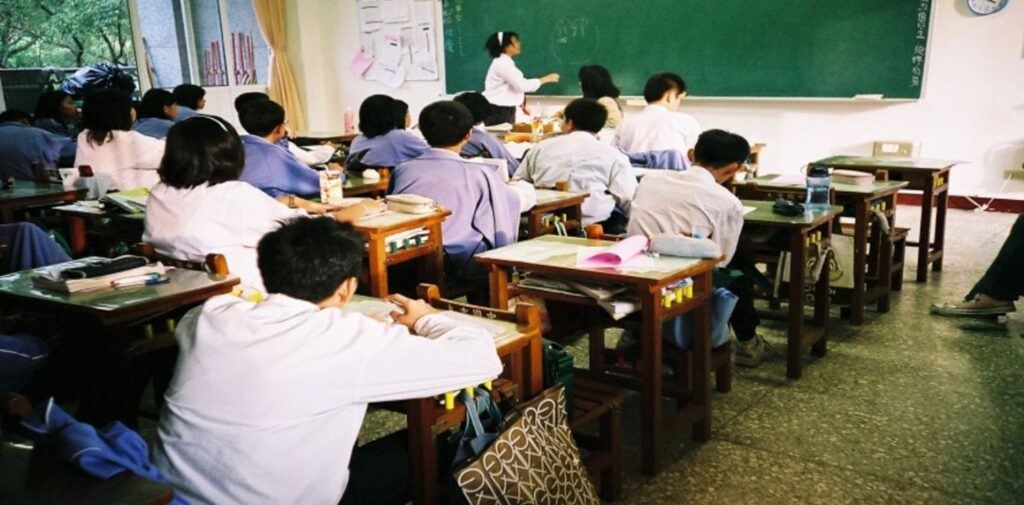
Is Traditional Education Obsolete?
Traditional education is not necessarily obsolete, but it is clear that it is evolving. The world is changing, and so are the needs of students. While traditional education still provides a strong foundation in subjects like math, science, and history, it may not always equip students with the skills needed to thrive in today’s fast-changing world.
Alternative learning models such as online learning, project-based learning, and skill-based education offer flexibility, practical experience, and personalized approaches to learning. These models are especially useful for addressing the diverse needs of students and the demands of the modern job market.
However, the future of education may not be about choosing one model over the other. A combination of traditional and alternative learning methods, where students get a strong foundation in core subjects and are also exposed to practical, real-world skills, could be the best way forward.
In the Indian context, where education is often a means of social mobility, these alternative models could help bridge gaps in access to quality education, especially in rural areas, and allow students to learn in a way that suits their individual needs and strengths.
Conclusion
Education is the key to success, and while traditional education still holds value, it is important to embrace new learning models that offer more personalized, practical, and flexible experiences. By exploring alternatives such as online learning, project-based learning, and skill development, we can help students adapt to the ever-changing world and prepare them for future success. The question isn’t whether traditional education is obsolete—it’s about how we can evolve and create a better learning environment for all.

